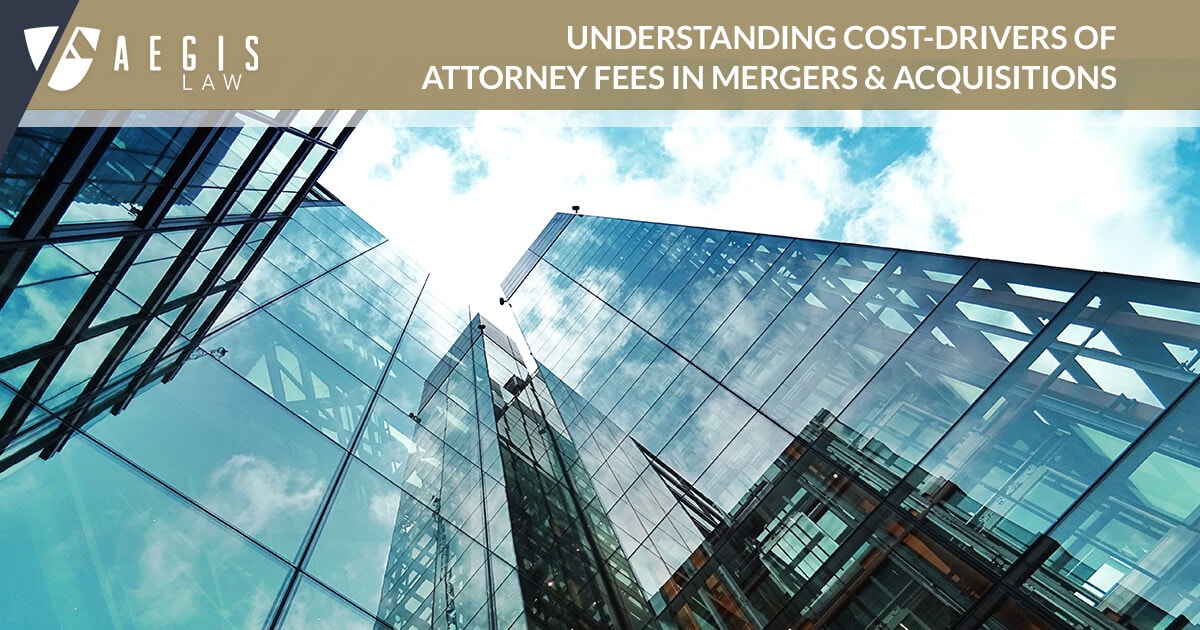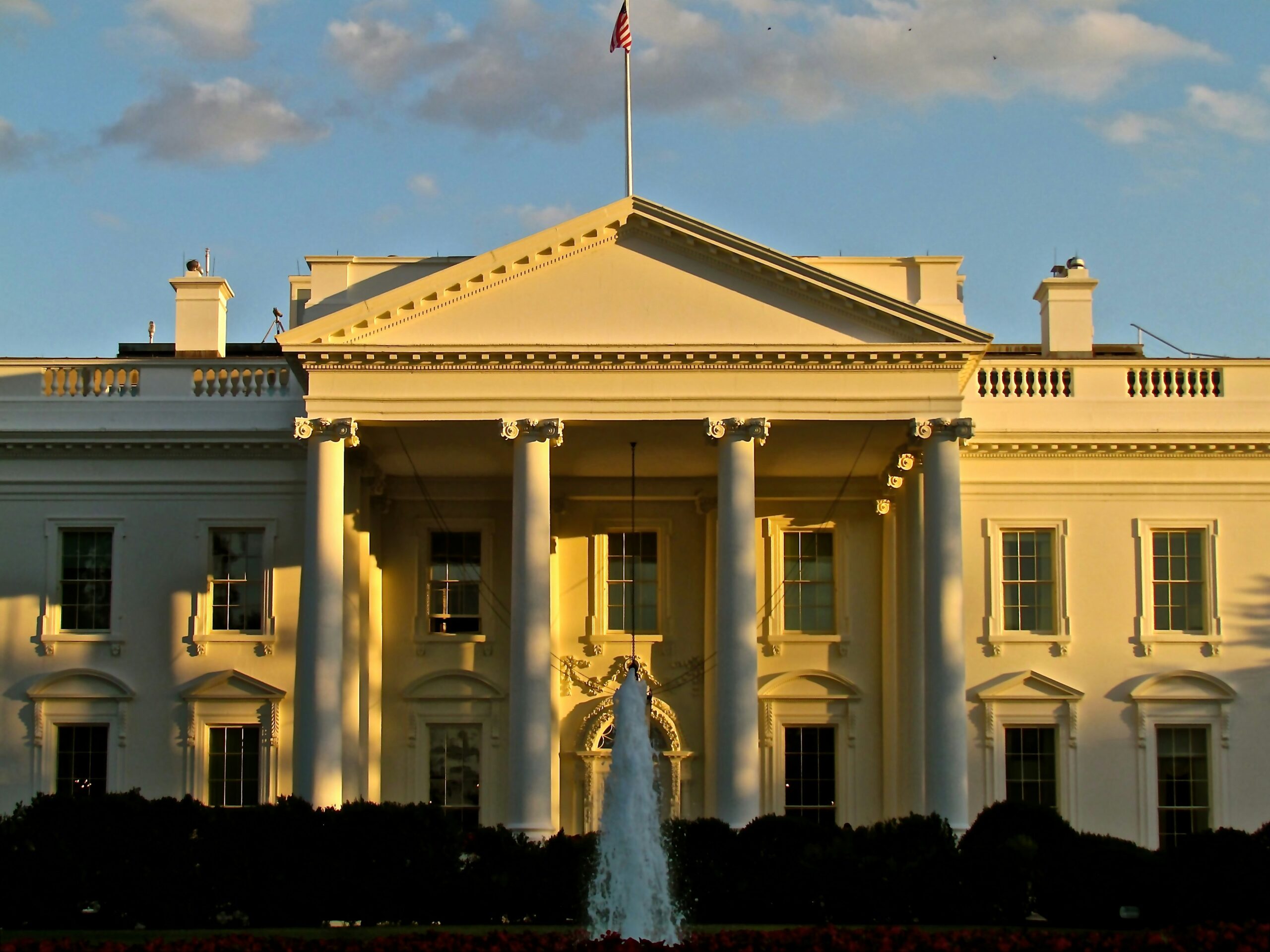
By Rochelle Walk (bio), Manager, Tampa AEGIS Law
When faced with a merger, acquisition, sale or other complex business transaction, some clients can be intimidated by attorney fees along the way: They see billable hours rack up, but they don’t understand what’s driving these costs. However, attorney fees during mergers and acquisitions (M&A) don’t have to be such a mystery. From the target and deal, to even the clients’ themselves, there are specific factors that can make a deal more, or less, expensive. And these differences can cause a bill to rise—or drop—perhaps by as much as 20-30%. Let’s consider a few of these….
The Client:

First and foremost, a client’s choice of an attorney will significantly impact one’s fees. That sounds obvious, but what isn’t so obvious is that going for the cheaper counsel can actually cost more in the long run: Lawyers who are do not regularly practice in this area of law are sloppy and make mistakes. Inexperienced counsel take longer to research and prepare documents. The best case scenario for such counsel is they identify the errors and actually fix them (and they’ll bill for making the mistake and correcting it). The worst case scenario is that they may miss deal points, incorrectly negotiate, and draft weak documents that lead to a less-successful merger and possible future liabiity.
Clients themselves can impact attorney fees. When clients are sophisticated buyers and sellers who understand the terms of the deal, those who are prepared to buy/sell and have allocated the time and resources, they will find themselves paying lower fees than clients who are less sophisticated, less prepared and those whose time and team resources are more constrained.
Additionally, clients can expect to pay more if they have intricate agreements between their own partners that affect ownership or even negotiation of terms.
The Deal:
Of course, the deal itself will have an effect. Fees will increase if the deal will require complicated structuring—multiple entities, parties and diverse or titled or registered assets, the number of parties, etc. Deals will be more expensive if they include a complex earn-out, seller notes, bank financing or a retention of some of the equity of the new business.
But the fees also increase for more prosaic reasons. If it’s a hostile take-over, or it’s simply that negotiations are prolonged and contentious, that will cost more than an amicable merger. Additionally, if the parties constantly make changes to the deal or the structure, that, too, will raise attorney fees and costs.
The Target:
And finally, expect that the M&A target will also affect the fees. An unprepared seller will cost more to acquire. M&A is more expensive with complex due diligence, and it’s even worse if a target has deficient “corporate hygiene”—poorly maintained financial records, business processes and employee policies.
The lesson is clear. The more companies are prepared for M&A, with a clear vision of what they can accomplish, the more successful these companies will be. And that will lead to an M&A process that is cheaper and ultimately leads to a better outcome.
Rochelle Friedman Walk
Rochelle Friedman Walk, Esq. is an experienced, thoughtful and strategic attorney, business executive and neutral mediator. She has been court-appointed as a receiver and mediator, and is a member of the FINRA arbitration and mediation panels. She is known for her negotiating skills and the ability to bring parties together in win-win, creative solutions. She offers a practical and business-oriented approach to the practice of law. Her background in business enables her to relate well to clients and to quickly define the work and potential solutions.




